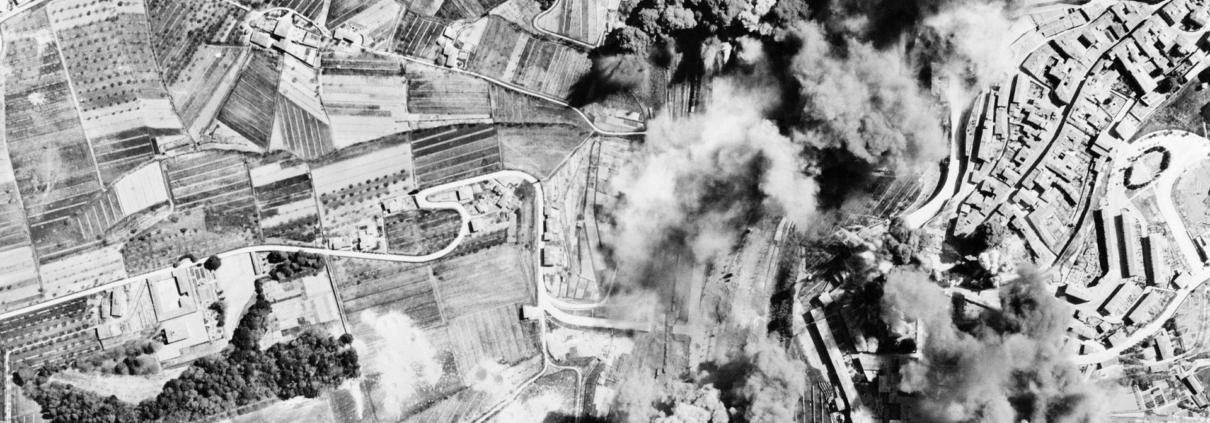How Dresden was rebuilt by its citizens, after being bombed in 1945
Dresden after the Second World War
February 1945. A few months before the end of Second World War, the city of Dresden was bombed. As a result of the conflict, Germany was occupied by Soviets. Just right after the Reunification of Germany and the Fall of the Berlin Wall, a tough work of reconstruction took place over the country. A group of Dresden citizens cleaned the rubble up and a lot of blueprints were drawn up thanks to the work of architects and urban planners. People wondered how the new city could appear and how it could be possible to rebuild it. In 1993, refurbishing works started in Dresden; almost ten years later, in 2005, the Lutheran church called Frauenkirche – which was considered the emblem of the city – returned to its people. Its wreckage has always represented a memoir against the war. Thanks to the citizen’s efforts, several important buildings were restored such as the Zwinger Palace and the Semper Opera House.
What happened during the bombing period
In February 1945, both Britain and U.S. Armies decided to drop two pounds of explosive and a thousand firebombs over Dresden. The air strike lasted two days no stop. The city of Dresden was destroyed by the flames. According to historians, 370000 people passed away during the attacks. The attacks in Dresden were known for their atrocity and then depicted in a novel called “Slaughterhouse-Five” by Kurt Vonnegut.
Women called “Trummer Frauen” rebuilt Germany
The “Trummer Frauen” were a group of women who helped with the reconstruction of German destroyed cities. War reduced men’s workforce: husbands and sons died or never returned home. On their behalf, women took the reins of Germany’s cities restoration, being almost 7 million more than men. With their help, women freed cities from debris. The age of the so-called Trummer Frauen goes from 15 until 50. Moreover, allied powers issued an order for women to help get rid of rubble. A lot of volunteers joined and supported them. In different German cities like Berlin, Leipzig, Magdeburg e Nürnberg set out a plan for rubble removal. In Dresden, almost 492 men and 512 women took part in disposal operations. At the end of the 1946, the number of working women reached 580.
Photo: Wikilmages CC0





While I Understand the Reason Japan Was Firebombed. I never understood why Dresden Was. Germany was Falling and
Conventional Bombs had Been Working Slowing the German War machine. I Was Stationed in West Germany. From 1984 to 1986 near Nuremburg. Excluding the Bullet Holes in the walls of the Downtown castle Area. I Would not have been able to tell that city had ever been in a War. I Traveled to Munich . And many other Cities in the West. I Never saw 1 city That Looked like it was ever in a war I Was treated Very Well by every German I encountered during my deployment. I Met Several Germans that had been soldiers from the 2nd World war. It was Incredible some of the stories i heard from them. Some were POW’s In England . Some had been Treated very well. However there were some Political party Raleys we were discouraged from getting Near . I was 35 Years old before i heard the Story of Dresden. , However i did not know that it took so many Years to rebuild. It Saddens me to think that so many Civilians lost their lives. Regardless of whether it was25,000 or 300,000. The type of ordinance used was Mostly napalm With Some Bombs with high High Explosives. Its Main Target Was Property and Humans. I Am an American And i regret This ever Happened. Unfortunately, back then The Winning Army did not face War Crimes, However the 1300 Aircraft that Bombed Dresden for 2 Days. Had 2 Pilots A Bomber and A Navigator Who Would have seen What they caused. I Expected they Live or Lived with It. And took it to God With them. When they left the Earth. There is so much i do not know. I would like to be a part of your Group This Happen 77 years Ago. I just want you to know there is no one living i think can be held accountable for What happened. However, I Will approach this with an open ear. Sincerely Alan Morris